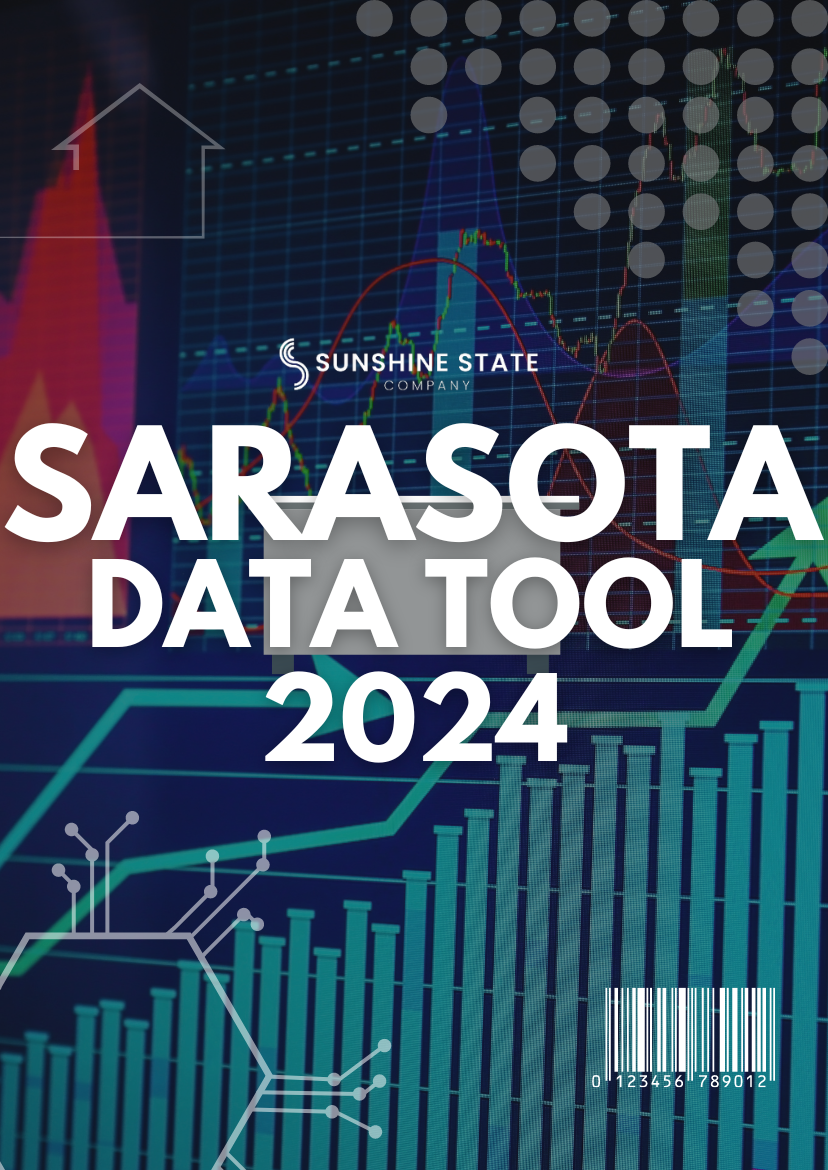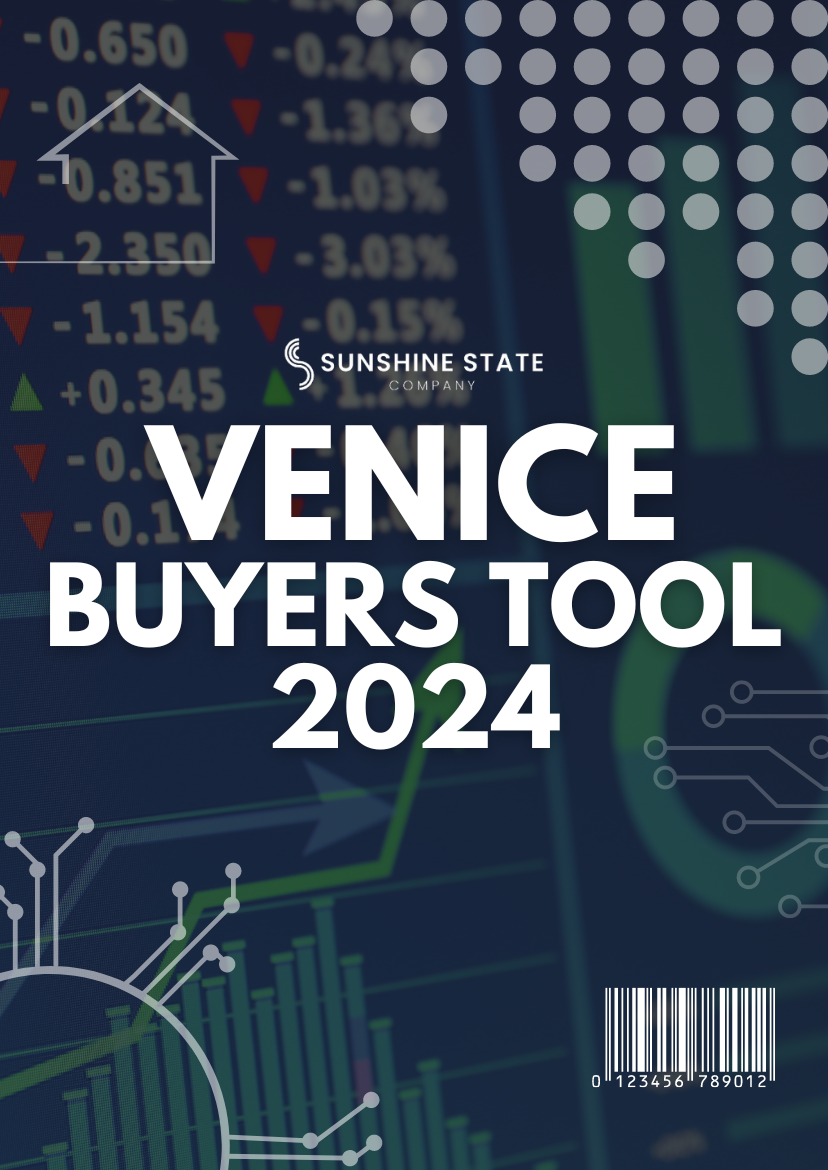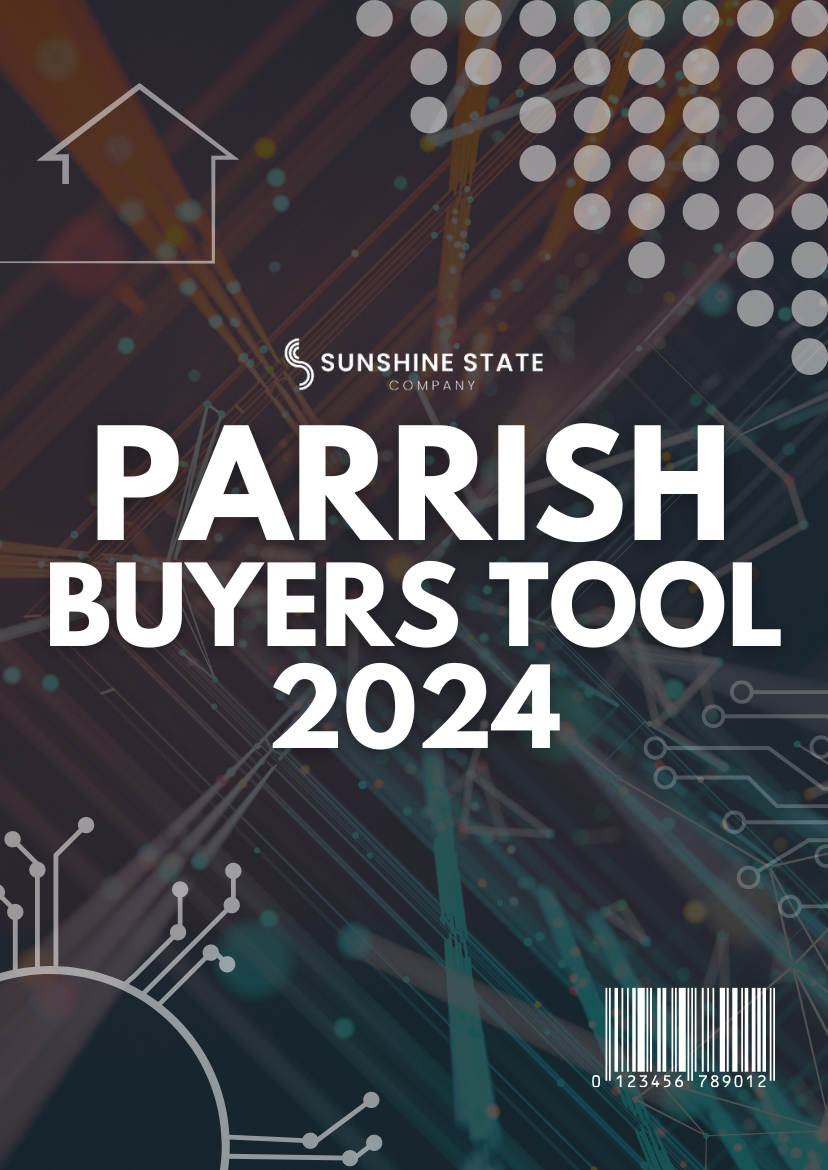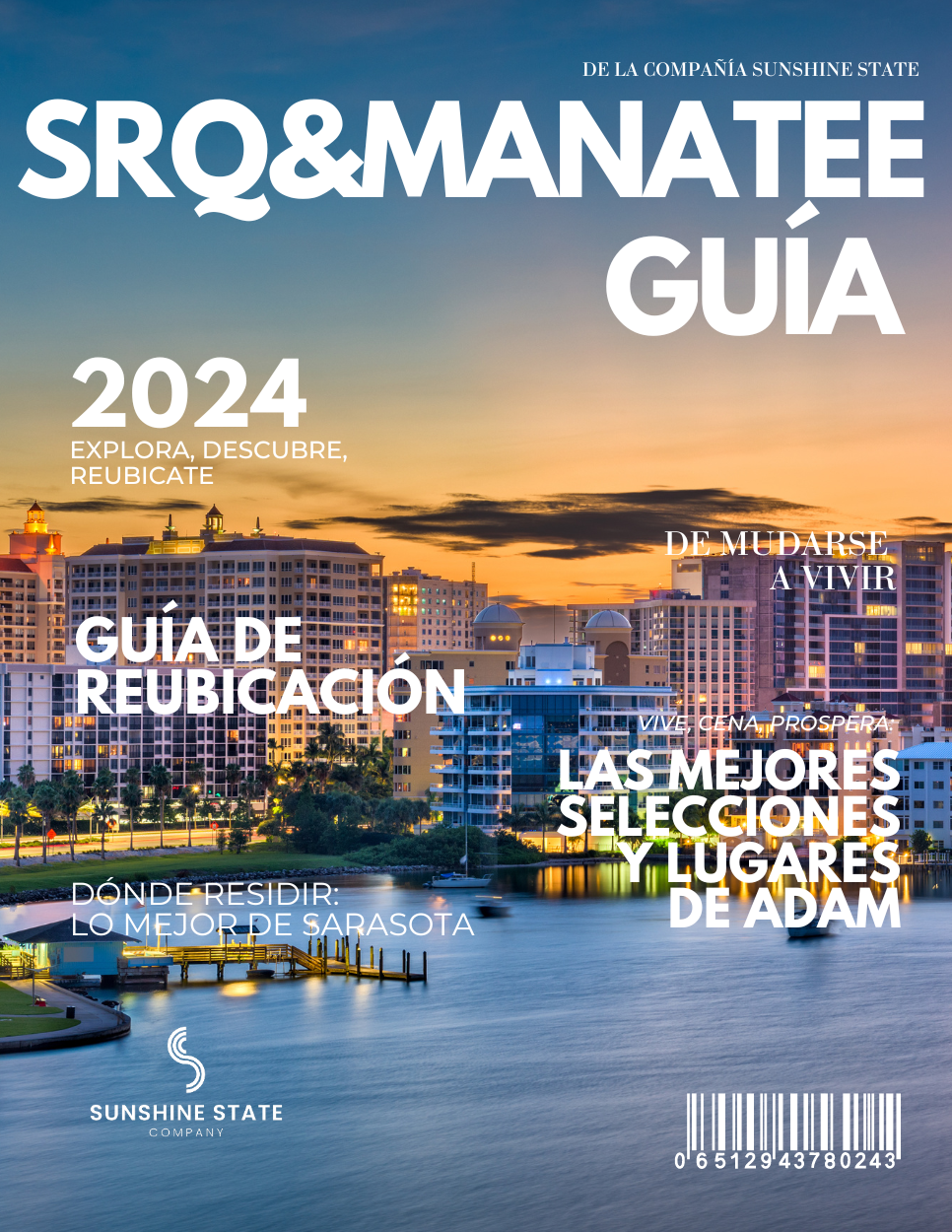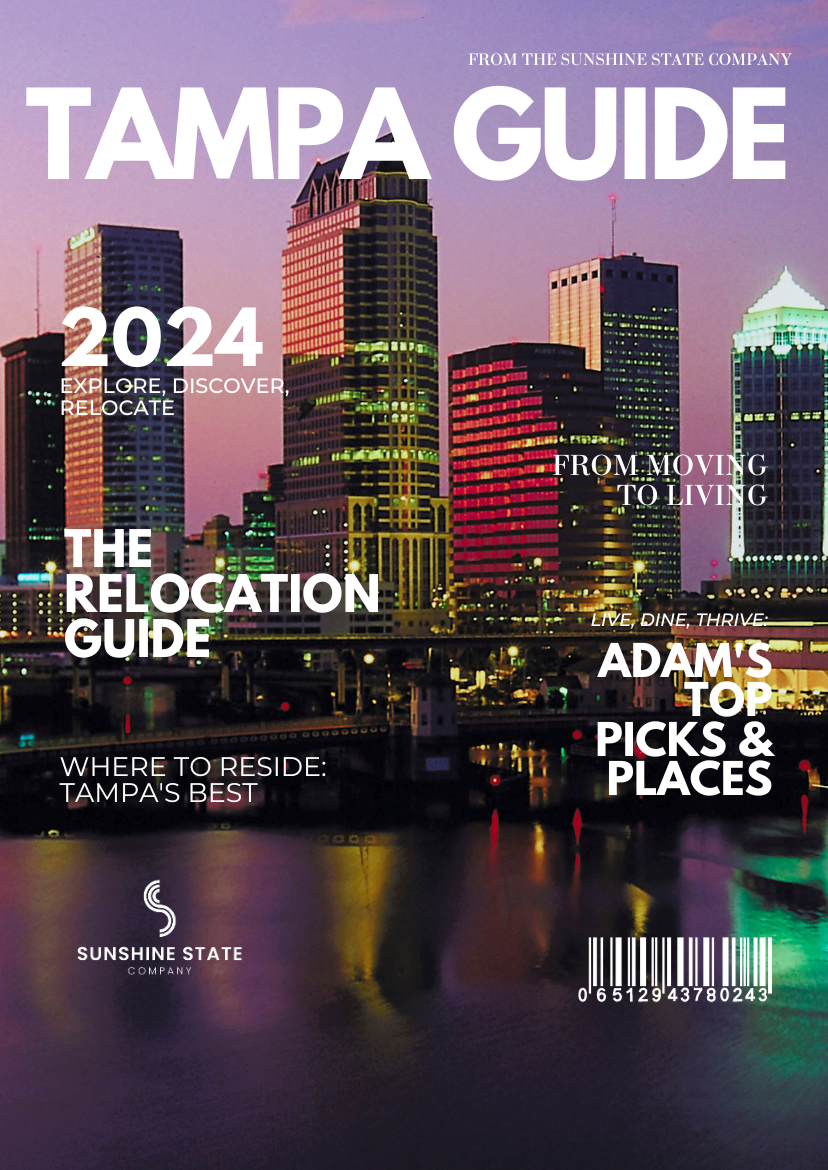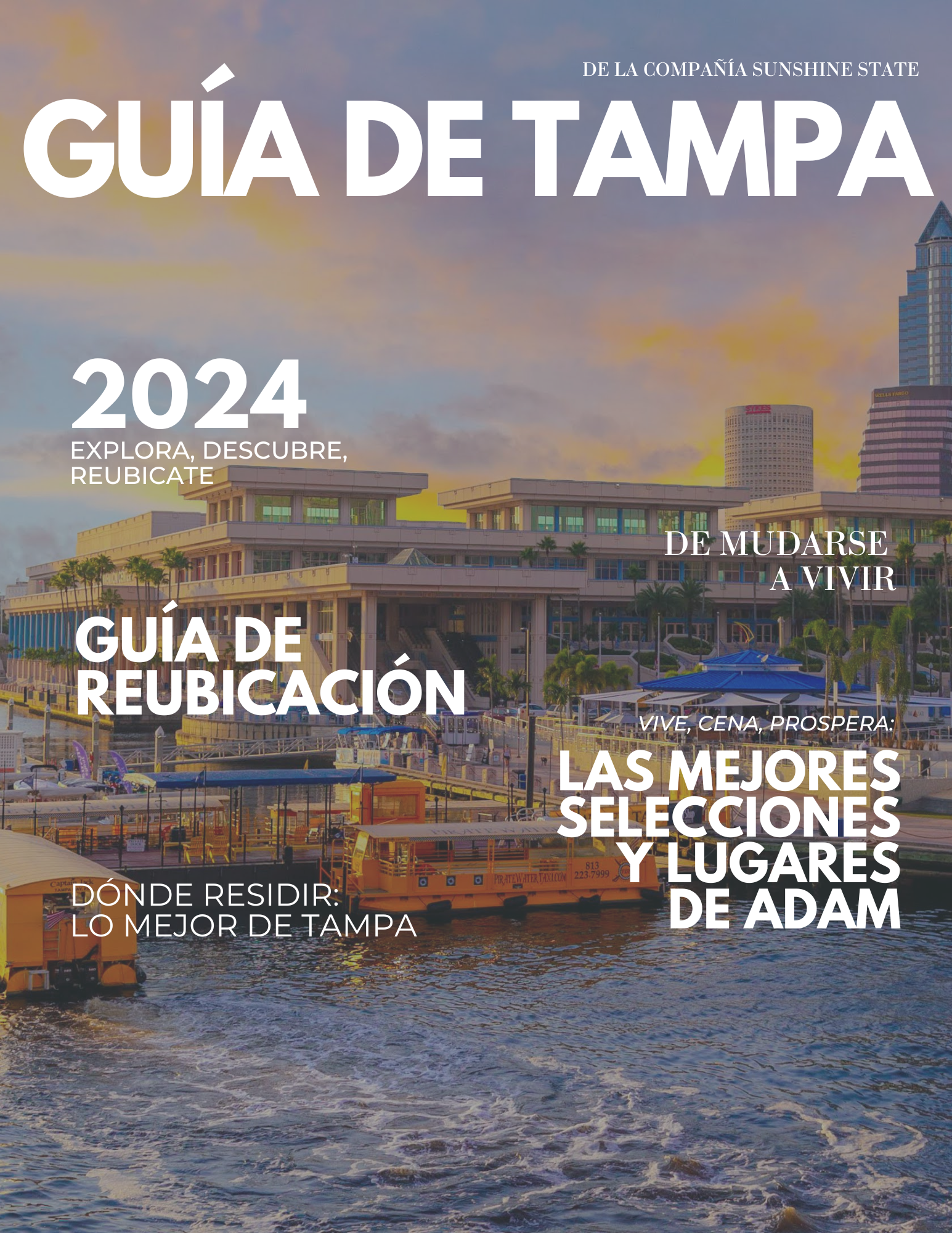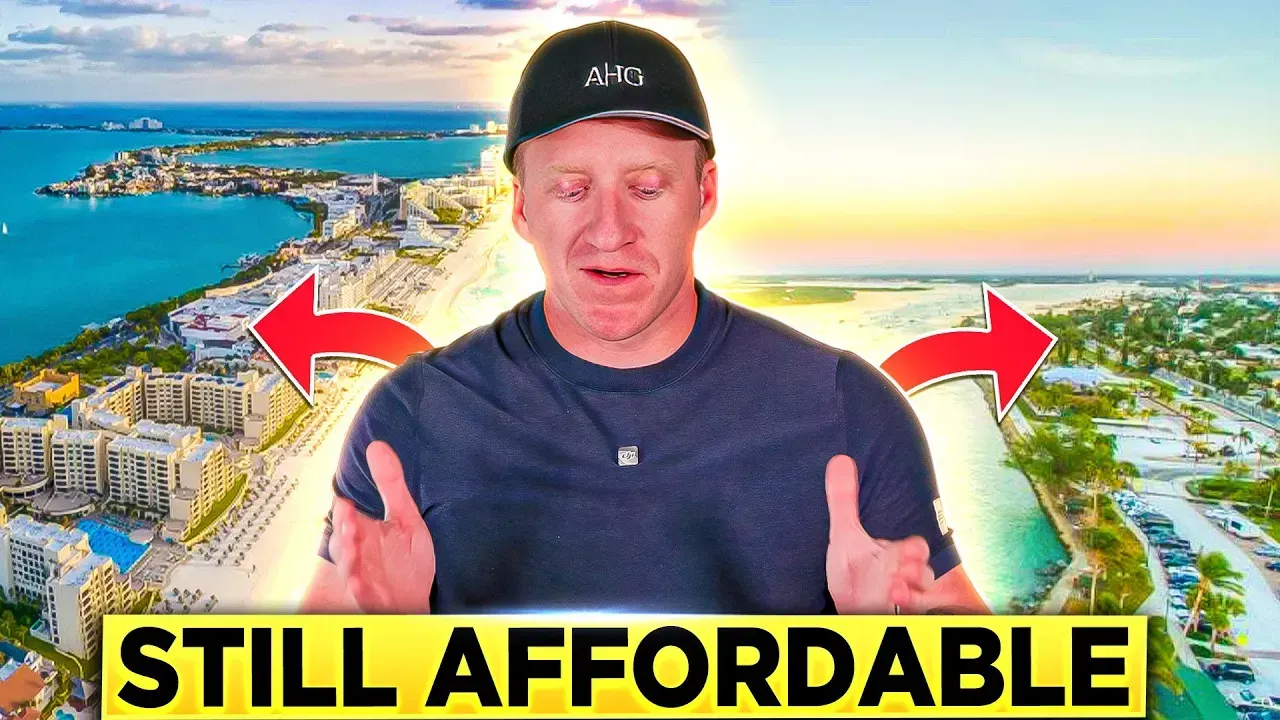This blog article is derived directly from our YouTube video (featured at the bottom)
Today again we are talking about the shifting real estate market here in the state of Florida. But more importantly for this video, I want to hone in on possible opportunistic ways that you can take advantage of these changes, or at least navigate through them more fluidly. So I hope you enjoy it, and let's hop in.
- Why Is The Shift Necessary?
- Demand
- Early Retirement
- New Home Development
- What's Happening Now?
- New Construction Incentives
- Mortgage Itself
- Master Planned Development vs Fragile Market
Why Is The Shift Necessary?
So first things first. Where are we coming from? What was our foundation, and why is the shift even necessary? One big key was interest rates. You hear a lot of interest rate talk all the time, and that's the main hot button here. But over the last couple years, I saw 2.8% interest rates, 3.1% interest rates very regularly. People getting interest rates lower than car loan history. So you had enormous inherent buying power, if you set aside principle for a second. A lot of affordability that allowed people to buy, get into homes that they had no shot of because of the monthly payment being several hundred dollars cheaper, just by simply changing interest rates. And at the very least created a FOMO situation. People are fearing that this was never going to come back. I need to go do something because of the pure rush of, I'm going to miss out if I don't.

Demand
Then next we need to talk about demand. So interest rates alone would cause normal demand to a market. But what we added in the last couple years was demand that should have never happened, and would've not any way naturally happened at the speed it happened, which creates a lot of issues for an industry that's been planning on historic norms. So Covid created one, lockdowns. California, Washington State, Washington dc, Illinois, New Jersey, New York, Canada, I could go on, were locked down in ways that Florida won was the opposite in a lot of ways. But for a long period of time you had winter in certain markets on top of that. And people are, it's blue, people are sad. And they feel restricted, and they feel like they need to escape something.
That also coincides with the political environment that you may disagree with. Then you have corporations trying to navigate this, and they're at work from home. And a lot of it looks like it's permanent work for home, or people are willing to take the risk that if it's not permanent they're fine with that. So that lets people for the first time maybe in a long period of time, or maybe ever, say, I could live anywhere. I could live anywhere, technically. So they can look at cost and be like, I'm already in the sunshine, but Florida's half the price. They could look at, I'm in a cold weather state and I want to go to Florida. Or think about the ripples that happen in just within cities and micro areas.
So take for example, you live around downtown Chicago. And you can't live in the suburbs because the commute's too far for your family balance. It just doesn't work. It's not worth the commute. But now you say, I'm not going to leave Illinois. All my family's here and stuff. But I can move to the suburbs in Chicago, because I can work from home and I don't have to be reliant on being in city proximity. So what that creates is these people from downtown take that price and they get more house than they go to the suburbs. The suburban people get a gold rush because their house is worth a ton of money, and they're looking at a one-time only liquidation. These are ones where if it didn't happen in this environment, it'd maybe never happen. So those people leave the state. Downtown Chicago goes to the suburbs. And you have all these ripples that eventually trickle to Florida.

Early Retirement
Now with that being said, I want to mix it up. So I could run you through a study like I did. This is already on the internet. I can add context based on my opinion here and there. But I want to do something a little different. So with the Miami being number one ran me down a little bit of a lane where I was already ruminating on this other idea. So let me take you through a thought exercise and then I'm going to give you some additional information based on this experiment, more or less.
So here's the scenario. It was created by me. Overarching, this is my opinion, this when I have said it, this is my opinion, my thoughts, but here's the thought exercise to work through. So say something happened and you can only move to one place. You do not have the option. It has to be one metro. You have to base your foundation there. And you want it to be the most long-term, viable, stable, interesting, crash-proof-ish housing-wise. And you can only move to one place. You got to fast-forward one step. And say that you're already in Florida. This is a Florida exercise. There's a Florida hat on this whole thing. So it's not anywhere in the entire United States. It has to be Florida. And then let me throw you some weighted factors of what if I was running like a mathematical study on this, which I did not, this is in my head, but if I was, what I would add to the argument of what are the criteria. Geography, one. No particular order potential but geography could be number one. Number two would be economics and industry. Number three would be a variety of life stages. So could you stay in the same metro for all the different life stages, because you can only live in one place for eternity in this exercise? And number four would be more proof cases of following the money. Smart people put their money behind something to potentially show you what's going to happen next. So that is this pseudo experiment that I'm creating. And what I want to do is I'm going to give you an actual ranking. I don't rank a lot of things in actual order. I make lists, but usually, it's hard to rank because it's so opinionated, but I'm going to give you an actual ranking. If you had to pin me against a wall and say pick, I'm going to give you a few in order of the most to the more vulnerable but still interesting on a list if you are following me on this study.
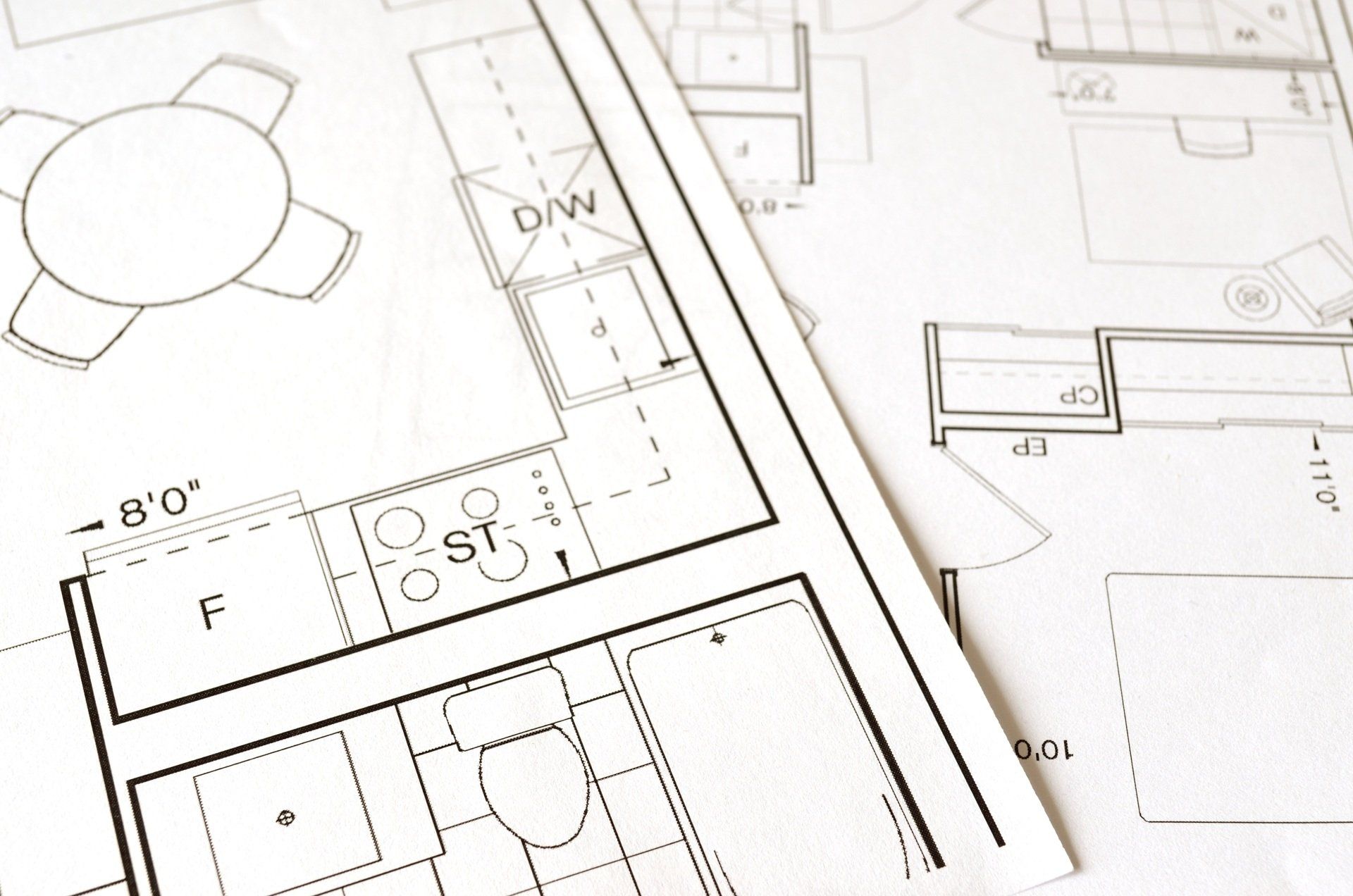
New Home Development
The last one as far as pre-shift is new home development. So there's only so many homes that people live in that they could possibly sell, that already exist. So a lot of what actually happened when you have half a million people come into the state of Florida or Texas, wherever they went, they gobble up new construction. They're signing new home contracts. Not only are there interesting deals, but also that's the actual inventory. A lot of the inventory was new home developments. And the builders obviously want to take advantage of this, they're selling three years worth of houses in a single year.
So that gets kind of weird with one, they're throwing out kind of appraisal value. If you build enough homes in one area that didn't exist there already, they set their own comparable values against their own homes. Which is weird. It's not really relating to the overall supply and demand relationship with the city. But just also build timing, logistics, quality of builds and just keeping up with the pace. That was the last layer that I saw as far as what happened last year.

What's Happening Now?
Now that we have a good preface, what's happening now? What can you do about it, and why should you even care? I think the first thing is there's less demand. There's less competition, there's less demand. This is always healthier for buyers to be on this side. But at the very simplest form, if there's less perceived urgency and less scarcity, then you can make a poise decision.
You can buy what's right for you, when it's right for you, what's appropriate, and you don't have to feel like you're rushed into every decision. That is a good thing for everyone, really. Secondly, while I don't think we're going to head into a full on buyers market here, especially in southwest Florida just because of what would prevent it would be, I can't see inventory getting into a seven, eight month market environment. I can't see it getting there because of all the reasons I just said.
People got these low interest rates and they locked in for 30 years, and they got these lower principles versus the next three years. So if they sell or liquidate, they have to do something else. So that's going to prevent it getting really crazy in my personal opinion. But just a more level balance. Three or four months of inventory at time is going to make agents on the selling side, sellers themselves, it's going to make them try to price it appropriately.
They can't go make me move Zillow-style pricing because it will sit. With interest rates not being incredibly attractive, and new construction builders incentivizing people, which we're going to talk about next, sellers can't just go pie in the sky. Because people would rather not buy at all. Because there's no reason to rush into a six-and-a-half percent interest rate on someone else's house just because there's only a few homes to pick from.

New Construction Incentives
Okay the second thing with a more even supply and demand is the new construction incentives. And that's one of the biggest right now in Florida. Is, builders are feeling this thing. They're feeling not only a competition against each other, but they're feeling just a lot less people in the market versus their forecast. So they're flying people into town to tour. They're giving 30, $40,000 towards design, taking it off of principle. They're trying to find what matters to people. They're trying to pay down the first couple years of interest rate. They're trying to find a trigger that is going to appeal to the masses in some capacity. That's why they're always varying these incentives, so that they can figure out what would matter to you and why you would do something versus weight.
Now, just waiting for waiting's sake of some windfall of opportunity, I never really agree with. I think you should try to navigate this thing fluidly, right? Because these builders do slip into opportunities where they'll offer the right level of incentives and the right market, and give you some negotiating power. Where you can look at that versus the principle, versus the monthly payment, versus buying now and refinancing the interest rate later and go for what is actually financially appropriate.
It's not always a smoke screen, it's not always them trying to take advantage of everyone. Because I think there is some really good deals out there. But I think you should be way more patient, and you should know way more information about what's going to happen next, what you think is going to happen next, what just happened, and what are all your options across several counties within the state of Florida before you do anything.

Mortgage Itself
That brings me to another thing as far as incentives. And that comes to the actual mortgage itself. If you build a new home, then a lot of that's bundled. Because the new construction developers, a lot of them own the mortgage company and they own the title company. So they have enough margin where they try to use that whole package of cost to incentivize you, which is pretty advantageous in a lot of ways, because they have a lot of money they're working with. But regular mortgage people in general, if you're not aware of how it works, is a lot of times they're like a broker for instance, or an originator, and they have like two and-a-half, 2.75% they could work with, but that's all the money they have to work with and they make a part of that. So under the right scenario then they can offer discounts, they can share that percentage, they can help do things like that.
So in an environment where a lot of mortgage people are competing with the builders and with each other, then there are a lot of times is incentives that exist there that you might not be aware of. And I'm seeing that become way more prevalent as these mortgage people breathe down our necks to try to get access to customers.
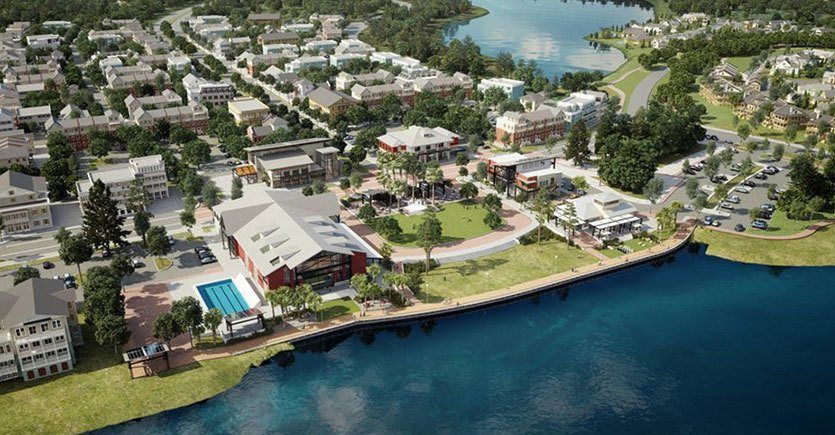
Master Planned Development vs Fragile Market
Okay, one final one I've been toying with as, at the very least, an interesting thought exercise is the way master plan developments relate to a fragile market. So this is the idea that can you take big innovation ideas that a lot of separate parties are involved in, whether that's residential plus commercial and industry, et cetera, and can you use that to hedge your bets against some air cover related to your home investment?
So what I mean by that is, take a few examples, right? Wellen Park in South Venice, Northport in the Sarasota County area. It's 10 neighborhoods full downtown they're building, the whole thing's 18 minutes from the beach. You can walk to Cool Today, the brave spring training facility. And they have many different price points and different level of homes, and they're clearly pushing into that area. A bunch of different builders that are same players in the game, right? Neil Communities, and Mattamy, and all these guys all contributing to this one idea. And it's a seaside idea. Lakewood Ranch, the number one multi-generational master plant in the United States, northeast of downtown Sarasota. 30-plus communities, very family centric, high-rated schools, three town centers.
Wiregrass, north of Tampa. It's in Wesley Chapel. End-to-end lifecycle. They have 55-and-up Taylor Morrison community. They have family-centric Lenar homes that are affordable. The whole thing's about a 35, 40 minute commute to downtown Tampa. Lake Nona is incredibly interesting in Orlando. So Lake Nona is adjacent to downtown Orlando. Huge kind of operation between Lake Nona and Sunbridge. Developer-owned, and you have Del Webb in there. You have multiple different builders. UCF Hospital. You have an all-children's hospital there. You have helipad, all these different commuter interesting districts. But multiple neighborhoods. You have Walt Disney moving their corporate staff there. So they bring in grocery stores, commercial development, residential, and a master plan mix used idea. But a lot of smart people spend a lot of money contributing to that idea.
So does that give you some safety in buying the right level home within an idea that people are clearly making a push towards? That's where a lot of my mind goes. Of, you're not buying in a silo. It's not as random. And if all of these parties, they build a grocery store and all of a sudden Starbucks and Chipotle hop outside, they know this stuff years in advance, right? Not everything works. But this isn't some pie in the sky random idea. These are long-term, 20-year planning ideas. Does that give you some hedge against a bad investment, potentially, in a 2023 market?
Another thing I've been thinking about is the way luxury homes and exclusive neighborhoods relate to a shifting market. This would be, for example's sake, Wild Blue and Lakewood Ranch, new construction, the Lake Club, the Oaks Golf Club in Nikomas, a lot of parts of Northern Naples, is these are price points at 2.5 to $4 million. These buyers want what they think this money's worth, right? There are customs, they're a certain level of custom homes, and not any random builder that slips into this category is going to satiate that need. Same with the way amenities, golf courses, and clubhouses relate to the monthly fees. These folks have built many homes before. This isn't new. And these, a lot of this category waited completely in the last market. Because a lot of the stuff that was sitting in this 1.8 to $3 million bucket should have never potentially reached that bucket at all. And it was scarcity that slipped builders that shouldn't have been there into that market, and people didn't just buy it flippantly.
Also, I'm seeing that a lot of these really special neighborhoods that kind of look like nothing else. When it comes to new construction, a lot of the sexy new developments, this is not where builders are going for the most part. Because they're building smaller stuff that's quicker to build, that's less burdensome on their margin. Also, they can build a lot more homes if they're on 60, 50 foot lots, not a hundred across the front. And so I'm not seeing these opportunities are plentiful.
All that to say, this is one category that I wouldn't necessarily sleep on and group in to the regular shifting market. Because I do think that demand hasn't dropped off near ... I mean, quite the opposite in a lot of these communities. Demand has not dropped off like it was. Not a reason to rush into anything. But this is an area that I wouldn't group in and just wait for some opportunity to happen. Because a lot of these new construction ones, when they are finished building or finished with all the contracts signing, I don't see 10 coming behind it.
Categories
Free Relocation Guides
The YouTube Channel
Watch The Latest With Adam Hancock
Each week I'll give my view on everything from the best neighborhoods around Southwest Florida and new construction communities.

One of the most unique things about our brokerage is how we view the real estate experience!
When you work with The Sunshine State Co team you get Adam, the broker, & your own dedicated agent. This formula provides clients with a full-time market researcher (aka - the best info possible), read more...
LIke Free stuff?
Florida guides, tools & more!
The absolute SMARTEST way to relocate and/or invest in the entire state of Florida. We create an abundance of original, value-based and economics-first resources to equip our clients for the real estate market ahead. Smarter buyers are more savvy buyers!
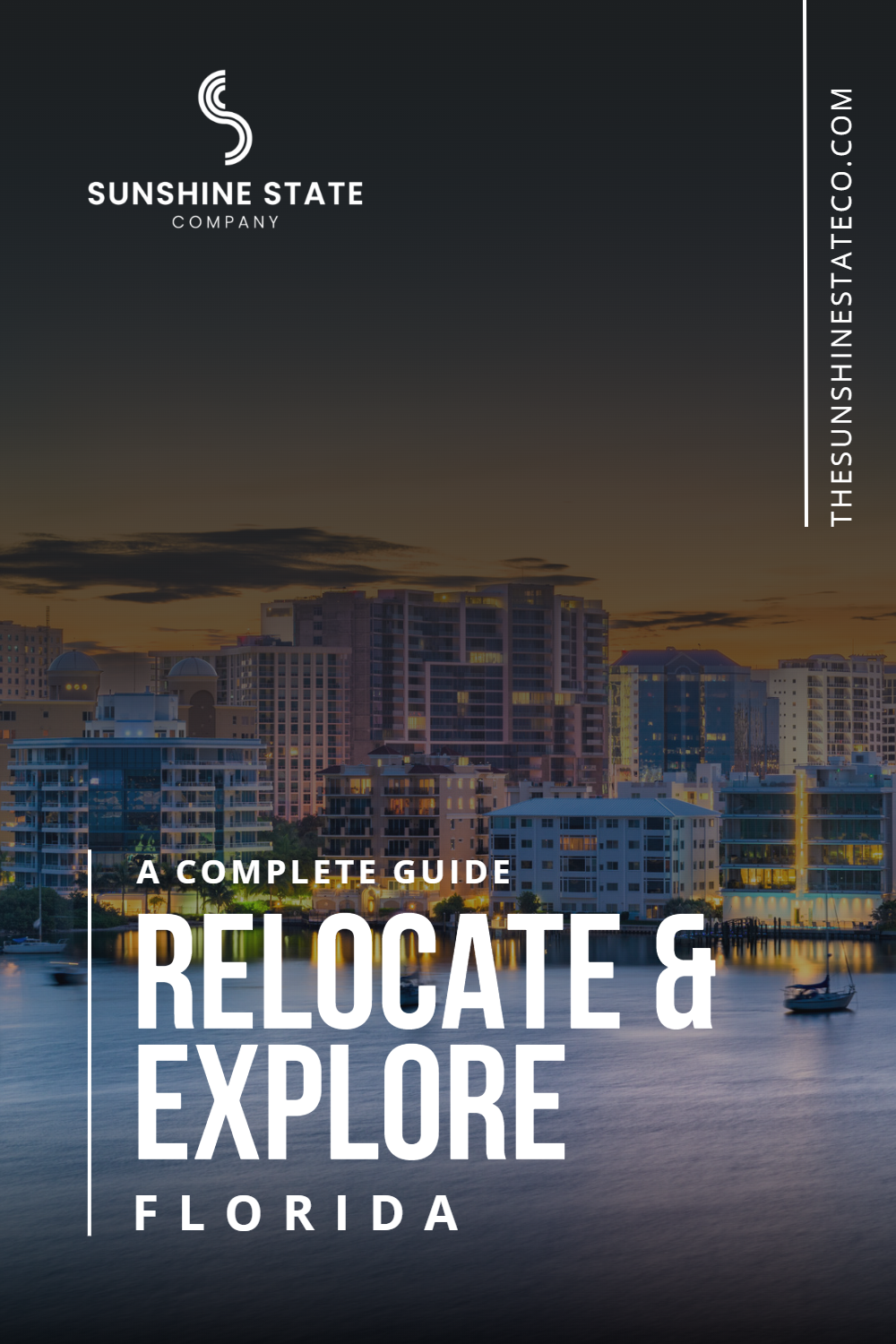
Sunshine State Company
Ready to take the next step?
Let's schedule a meting! During this initial consultation, we'll learn more about your situation and what you're seeking in a home. We'll provide advice and address any concerns you may have, in order to determine the best approach to achieving your goals. By the end of our conversation, we'll have a solid plan of action and next steps for moving forward.
